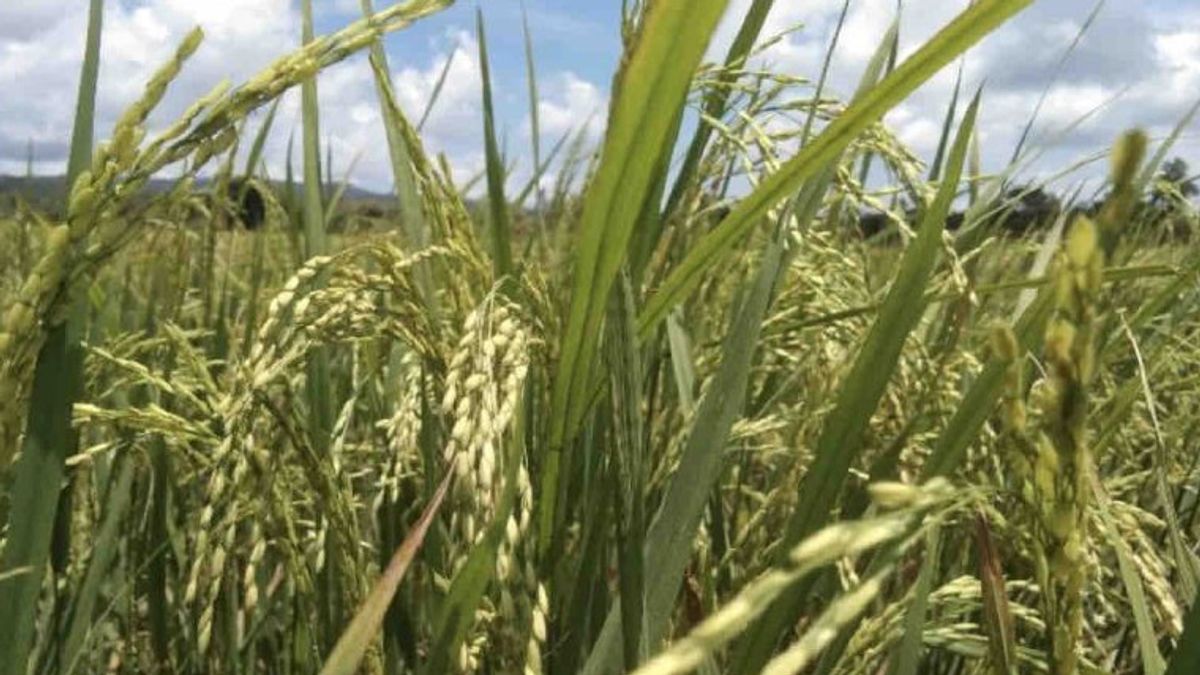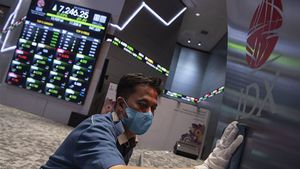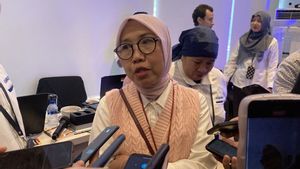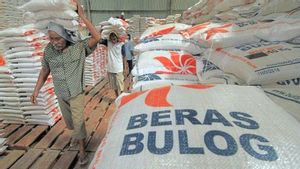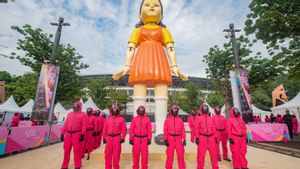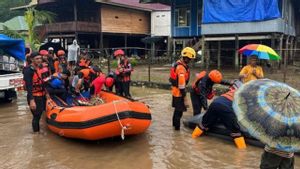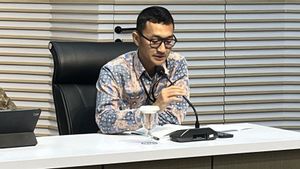JAKARTA - Program Director of the Institute for Development of Economics and Finance (Indef) Esther Sri Astuti said that Indonesia needs research and innovation in producing superior agricultural seeds.
Indonesia lacks agricultural instructors and lack of fertilizer, lack of infrastructure and agricultural technology. Farmers also do not get superior seeds. Research and innovation to produce superior seeds is very lacking," Esther said, quoted from Antara, Monday, February 5.
Esther also responded to what was conveyed by the Coordinating Minister for Economic Affairs Airlangga Hartarto, who increased the budget of Rp. 14 trillion for the provision of subsidized fertilizers, aiming for the target of procuring 7.7-7.8 million tons of subsidized fertilizer this year to be achieved.
Esther admits that the challenges in the agricultural sector include rare, expensive, and lack of technical guidance for farmers.
"Why not, farmers have been short of fertilizer for a long time. Fertilizer prices are expensive and rare. They also plant without technical guidance from agricultural extension workers," said Esther.
According to him, Indonesia also needs more agricultural instructors and fertilizer supplies. Farmers often grow without adequate technical guidance, and these problems affect their productivity.
In addition, the lack of infrastructure and agricultural technology is also a limiting factor. Lack of attention to this has caused the productivity of Indonesian farmers far below neighboring countries such as Thailand and Vietnam.
"No wonder the productivity of farmers is very low when compared to neighboring countries such as Thailand, Vietnam," he said.
He said Indonesia, which once reached self-sufficiency in rice in 1984 and became a sugar exporter, now imports various commodities such as rice, sugar, vegetables, and fruit.
Although Indonesia has a history of achievement in agriculture, especially during the Dutch colonial period, there are now changes in the dynamics.
Esther expressed her concern about the imports of various agricultural commodities, and regretted that these conditions occurred ahead of the general election.
He hopes that there will be more structured and systematic attention both in research, innovation, and technical support to advance the Indonesian agricultural sector in a sustainable manner.
Previously, Coordinating Minister for Economic Affairs Airlangga Hartarto said that the additional Rp14 trillion budget for the provision of subsidized fertilizers was intended so that the procurement target of 7.7-7.8 million tons of subsidized fertilizer this year could be achieved.
"The government provides 5.2 million tons of subsidized fertilizer this year, then the allocation is added by the President (Joko Widodo) as much as 2.5 million tons, in accordance with the procurement target of 7.7 to 7.8 million tons," said Airlangga Hartarto in Bekasi Regency, West Java, Sunday, February 4.
SEE ALSO:
The addition of the allocation was carried out to overcome the shortage of subsidized fertilizers which this year is targeted to be given to 14.3 million farmers.
He stated that President Jokowi had approved an additional budget of Rp. 14 trillion from the original ceiling of Rp. 26 trillion for the procurement of the additional 2.5 million tons of subsidized fertilizer.
He also said that his party would ask the Ministry of Agriculture and the House of Representatives (DPR) to immediately realize this assistance.
Meanwhile, to reduce the government's burden on the existence of subsidies and additional budgets, Airlangga said that his party asked PT Pupuk Indonesia (Persero) to help provide fertilizer at affordable prices for the community.
The English, Chinese, Japanese, Arabic, and French versions are automatically generated by the AI. So there may still be inaccuracies in translating, please always see Indonesian as our main language. (system supported by DigitalSiber.id)
